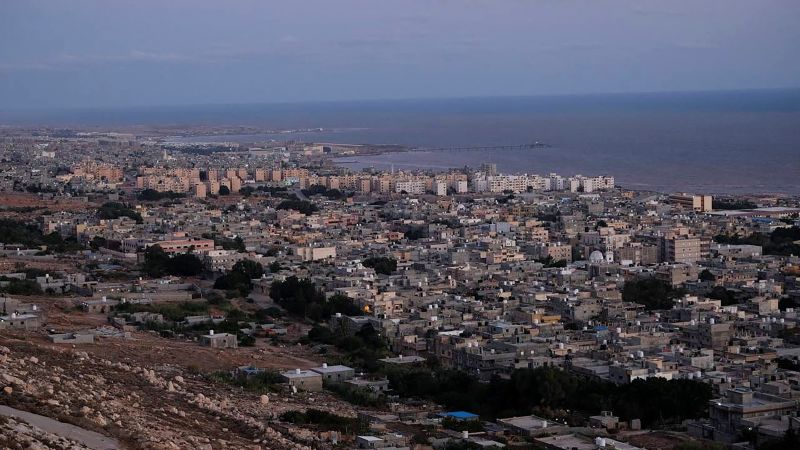
The United Nations has said most of the deaths in flash floods that tore through Libya could have been “avoided,” as relief workers struggle to deliver crucial aid in a humanitarian effort stifled by political divisions and debris from the disaster.
More than 5,000 people have died and thousands more are feared missing after unprecedented rainfall flushed out entire cities in the North African nation last week.
The extreme weather conditions ruptured two dams in the country’s northeast, sending a deluge of water to the city of Derna, which has seen the worst of the devastation.
“If there would have been a normally operating meteorological service, they would have issued the warnings and also the emergency management of this would have been able to carry out evacuations of the people and we would have avoided most of the human casualties,” Petteri Taalas, World Meteorological Organization (WMO) secretary-general, told reporters in a news conference in Geneva on Thursday.
“Of course, we cannot fully avoid economic losses but we could’ve also minimized those losses by having proper services in place,” Talaas added.
Talaas said that the WMO has tried to interact with Libyan officials on improving these mechanisms, but because the “security situation in the country is so difficult, it is difficult to go there.”
Libya’s two governments are reporting conflicting numbers for victims following the catastrophic floods in the country.
While the Eastern parliament-backed government reported at least 5,300 people dead, the internationally recognized government in Tripoli reports more than 6,000 people have died.
A political standoff continues between the internationally recognized government in the capital, Tripoli, led by Prime Minister Abdulhamid Dbeibeh, and a rival rebel administration in the eastern city of Benghazi, led by Khalifa Haftar and his Libyan National Army (LNA), that is supported by some states.
CNN has not been able to independently verify the number of deaths or those missing.